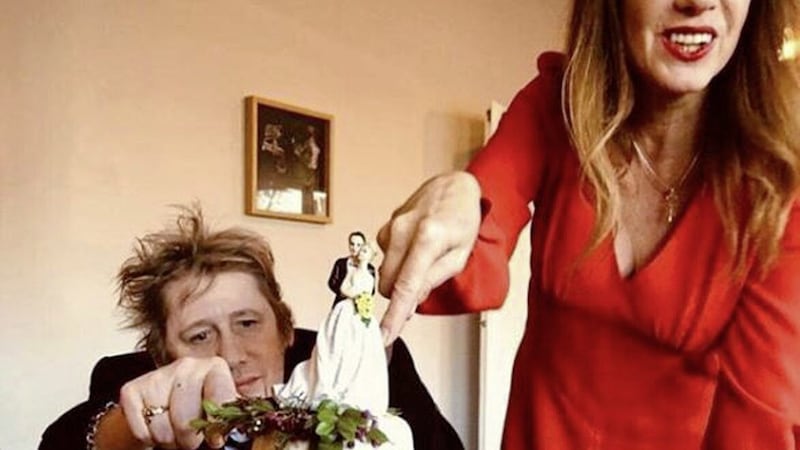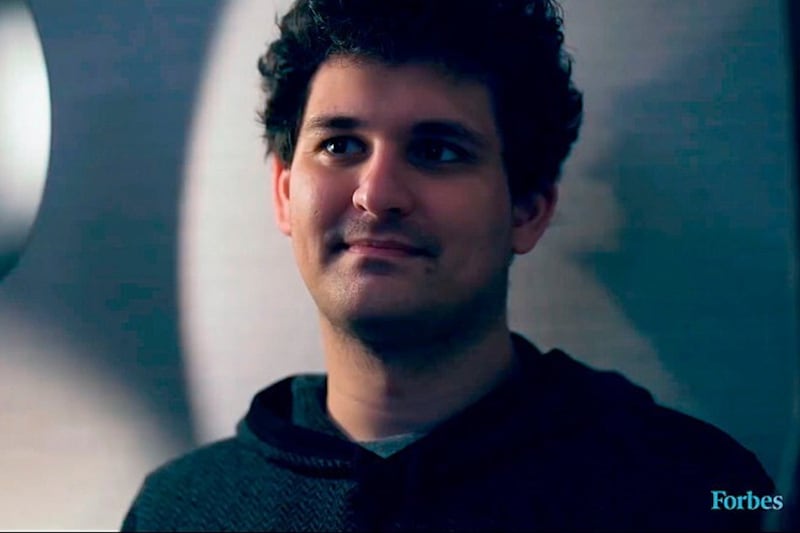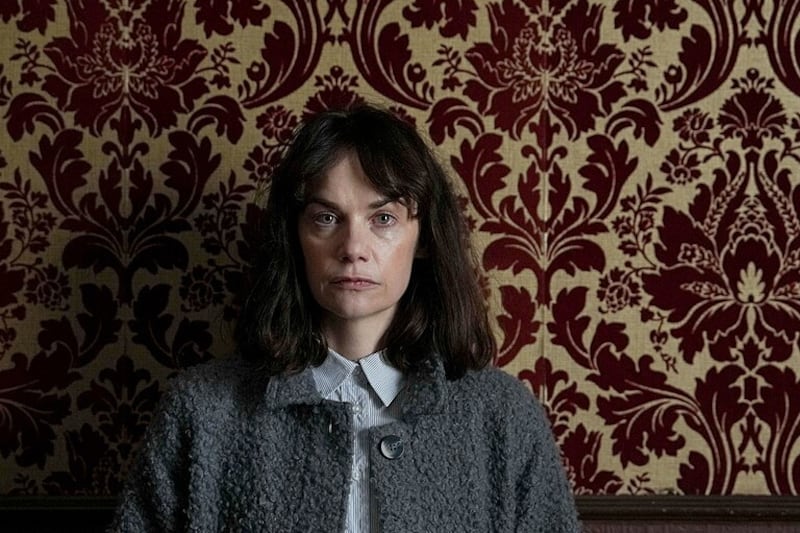Union with David Olusoga, BBC iPlayer
A quality television documentary should, as a minimum, tell you something that you didn’t already know.
I’m no expert on the creation of the United Kingdom so I was hoping to learn lots from this four-part series from David Olusoga.
He delivered as he considered the creation of the Union at a time when many believe that its days are numbered.
Scottish independence may be close, Irish reunification has been given new impetus by Brexit and an English-only identity is remerging after 200 years of Britishness.
Olusoga takes us back to the beginning and through the five “tumultuous and violent centuries" that “brought four nations slowly together by the power of faith, by the wealth of empire and by the threat of invasion”.
But, he points out, this history has always involved rival and competing identities, loyalties and nationalist passions.
Read More:TV Review: I can't fall in love with Sky's The Lovers
TV Review: State of Chaos essential viewing for united Irelanders
He begins with Guy Fawkes and the Gunpowder Plot of 1605 as the new King James was proposing a union between England and Scotland.
Wales had already been joined to England in 1536 by the first Act of Union.
It would be a century after King James’s proposal that England and Scotland banded together and Olusoga expertly explains the events which changed the view of many Scots.
William Paterson, one of the founders of the Bank of England, wanted his native country to profit from colonialism as much as the English and so set up the Company of Scotland.

It set sail for what is now Panama in 1689 in an attempt to launch a Scottish empire. However, the scheme was a disaster, with many of the planned colonialists succumbing to disease, including Paterson’s wife and child.
Huge sums were lost by the Scottish government and patriotic civilians, and Paterson subsequently became an advocate of a union between Scotland and England.
Paterson’s campaign was successful by way of the 1707 Act of Union, with Scotland thus acquiring a share in the colonies.
Of most interest to us, of course, is the question of Ireland.
Olusoga takes us through the plantation of Ulster, the United Irishmen and the 1798 rebellion, leading to the arguments for and against the Act of Union 1800.
Along the way, there were fascinating statistics.
Just seven years after the ‘98 rebellion, the new union faced an existential threat from France.
With Napoleon threatening invasion and his army massing on the channel, the Royal Navy sailed to meet the combined fleets of France and Spain as they left Cadiz on the Atlantic coast.
When they met at Trafalgar, the British scored a devastating victory making Horatio Nelson, who lost his life in the battle, a British hero.
It may surprise some, however, that while Nelson’s sailors were majority English, with others from across the world, a quarter, around 4,000, were Irish.
Many will have been there against their will but it does reinforce the complexity of the British Empire and that many of its leading lights in both the military and its expeditionary companies were Irish born.
Olusoga is an excellent guide who achieves the difficult television trick of explaining the detail and the subtlety while not talking down to his audience. Along with his producers, he also avoided the common and annoying device of sections beginning with: “I wanted to find out so...” and endless pictures of our presenter on the move in various forms of transport.
Neither did we get reconstructions of important sections so as to be sure we understood.
Union with David Olusoga is essential viewing for anyone advocating an end to the Union and considering the pitfalls which may await.








